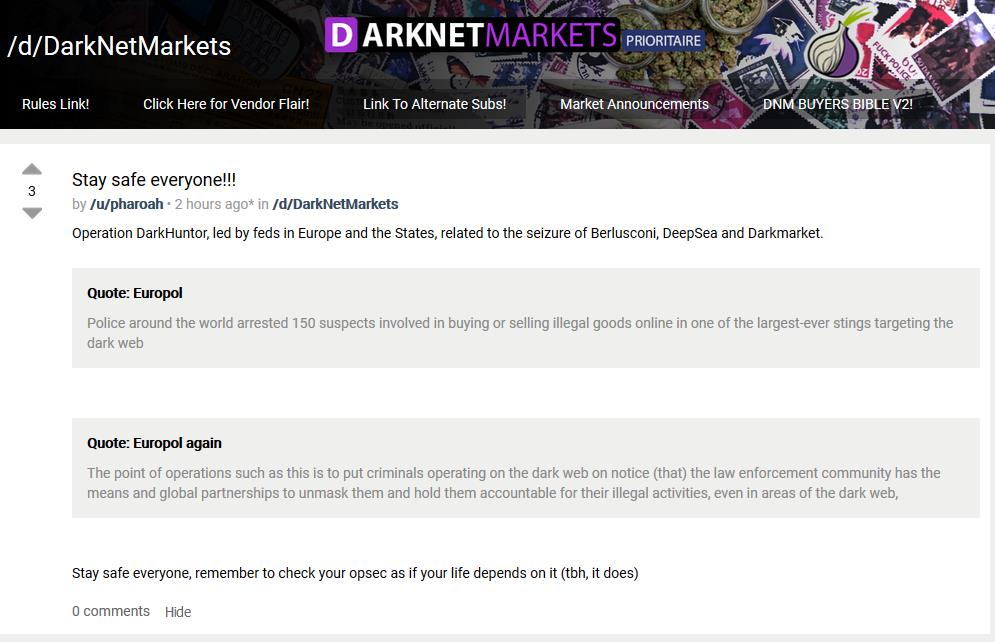This Hidden Economical System: An Dive into Deep Net Markets

In the past few years, the fascination of the darknet has caught the attention of researchers, police, and inquisitive minds alike. Frequently wrapped in mystery, the darknet offers a singular glimpse into a concealed economy that functions beneath the facade of the internet. This obscure realm hosts a diversity of platforms that deal in everything from digital goods and services to forbidden products, luring participants with the offer of anonymity.
Diving into dark web platforms reveals a intricate ecosystem where transactions are conducted using virtual currencies and user reviews drive credibility. While some individuals may dare into these depths for harmless pursuits, such as obtaining restricted information, others may look for more malicious activities. Understanding the nuances of these sites is crucial to understanding the broader implications of the hidden economy that thrives beyond the grasp of traditional regulation and administration.
Comprehending the Underbelly of the Internet
The hidden web refers to a segment of the internet that is not cataloged by conventional search engines and requires specialized tools to reach. Unlike darknet markets links , which is open to all with an internet connection, the hidden web operates on an secure network, making it hard to track users and their actions. This degree of secrecy draws in a range of individuals, including those wanting confidentiality and safety, as well as those involved in illicit activities.
Accessing the dark web typically requires using specialized software such as Tor, which allows users to connect to different sites without disclosing their identities. These sites often use unique website extensions, creating a unique environment that varies greatly from regular online actions. While numerous users turn to the dark web for legitimate reasons, such as overcoming restrictions or safeguarding confidential information, it has also become a hub for illegal commerce, including the sale of drugs, arms, and stolen data.
The dark web consists of numerous marketplaces where products and services can be purchased and sold under the veil of anonymity. These platforms operate in a manner to traditional online shopping platforms, with user reviews, product catalogs, and payment methods often relying on digital currencies. However, the dangers and challenges associated with these transactions are considerable, as users may face scams, law enforcement crackdowns, and violent crime, highlighting the darker side of this hidden economy.

Significant Dark Web Marketplaces
Throughout the development of the underground web, several marketplaces have emerged as important players in the shadow economy. One of the most famous was Silk Road, which functioned from 2011 until its closure by law enforcement in 2013. It became infamous for enabling the sale of illegal drugs and other prohibited goods, operating on a model that relied heavily on Bitcoin for payments. Silk Road's ascendancy and collapse set a standard for future platforms, demonstrating both the potential for profit in the dark web and the dangers of operating in a lawless space.
Following Silk Road's closure, new marketplaces quickly took its place, including AlphaBay and Hansa. AlphaBay, which launched in 2014, grew to become one of the largest dark web marketplaces until it was taken down in 2017. It provided a wide range of illegal products and services, from narcotics to hacking tools, and introduced innovative features such as user reviews and vendor authentication. Hansa, on the other hand, was raided by law enforcement at the same time as AlphaBay, leading to a coordinated crackdown on two major hubs for dark web trade.
In the wake of these shutdowns, new entrants like Dream Market and Empire Market emerged to fill the space. Dream Market operated from 2013 until 2019 and offered a platform for vendors to sell diverse goods, often highlighting user safety and anonymity. Empire Market became prominent as a successor to previous sites, offering a large inventory while also implementing enhanced security measures to protect its users. As these marketplaces keep to evolve, they underscore the persistent demand for dark web goods and the cat-and-mouse game between law enforcement and illicit online trade.
Risks and Legal Consequences
Engaging with dark web marketplaces carries substantial risks that go far beyond the legal consequences. Users often expose themselves to cybersecurity threats, including viruses, unauthorized access, and identity theft. The concealment of the dark web can create a misleading sense of security, making individuals susceptible to scams and deception. Additionally, the concealment of transactions does not mean that users are immune to repercussions; law enforcement agencies are increasingly employing sophisticated techniques to track and apprehend those involved in criminal acts on the darknet.
From a juridical viewpoint, accessing and participating in dark web markets can lead to grave consequences. Many of the goods and services offered on these platforms, such as drugs, weapons, and stolen data, are prohibited in most jurisdictions. Transacting on these marketplaces can result in criminal charges, penalties, and incarceration. Even mere possession of incriminating evidence linked to darkweb activities can draw the focus of law enforcement, leading to investigations that can destabilize careers and lives.
Additionally, the regulatory environment surrounding the darkweb is changing, with governments implementing stricter rules and penalties for online illicit activities. As authorities become more adept at supervising darkweb traffic and catching perpetrators, the risks escalate for anyone who attempts to navigate these murky waters. Understanding the legal implications is crucial for anyone considering involvement, as the clandestine market comes with significant consequences that can affect personal freedom and security.
